Description
CONTENTS
Preface
Notes on Contributors
Introduction
Islamic Political Theory: Current Scholarship and Future Prospects
Mumtaz Ahmad
- Problems of Islamic Political Theory, Khalid M. Ishaque.
- The Concept of State in Islam, Justice Javed Iqbal.
- The Contract for the Appointment of the Head of an Islamic State Fathi Osman.
- The Principle of Shura and the Role of the Ummah in Islam, Fazlur Rahman.
- The Theory of Vilayat-i Faqih: Its Origin and Appearance in, Shi’ite Juristic Literature Ahmad Moussavi.
- The Creation of a Just Social Order in Islam. Abdulaziz A. Sachedina.
- Principal of Jihad in the Qur’an and Sunnah Jamilah Jitmoud.
ABOUT THE BOOK
The Current debate on Islamic resurgence has brought issues relevant to the nature, characteristics, and scope of an Islamic state and distinctly Islamic Political system into sharp focus. Many publications with widely varying theoretical positions and ideological implication have appeared on the subject. Most of them, however, only report current political events in the contemporary Muslim world without making any attempt to deal with these events. Moreover, even their accounts of the current political scene remain superficial and unrelated to the tensions between the imperatives of continuity and the demands for change in the Muslims world.
In Mumtaz Ahmad’s view. The contributions of the Muslim writers are equally dismal because they deal with the political doctrine and not political theory.
State, Politics and Islam represents a serious attempt to reformulate Islamic political theory in the context of today’s political realities and problems.
ABOUT THE AUTHOR
Mumtaz Ahmed was Professor of Political Science at Hampton University, Hampton, VA (USA). An author of nine books and numerous scholarly papers, chapters in edited volumes, and encyclopedia articles on political sociology of Islamic movements, Islam and Political in South Asia, and political of formal organizations. Dr. Ahmad obtained degrees from the University of Karachi, American University in Beirut, and the University of Chicago.
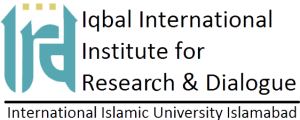
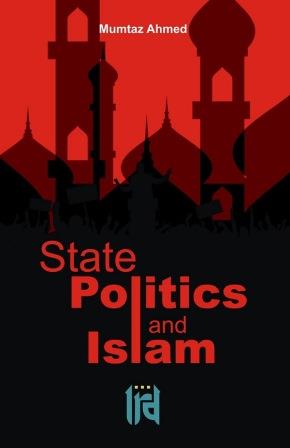
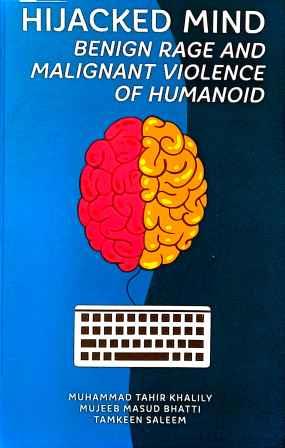
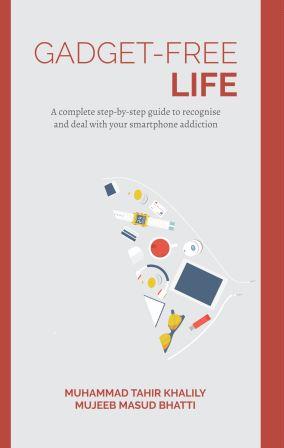
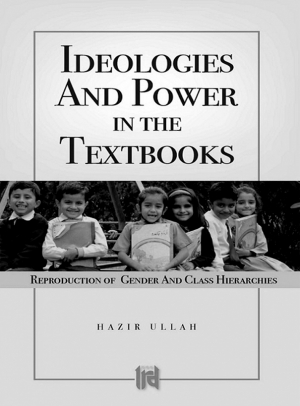
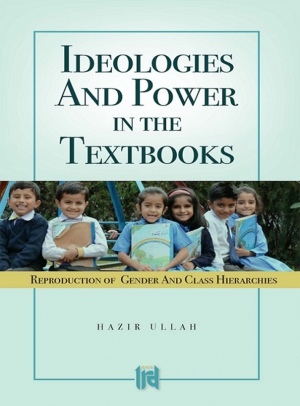
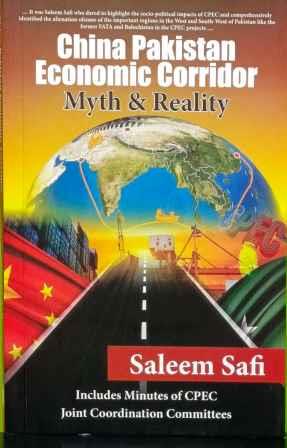


Reviews
There are no reviews yet.